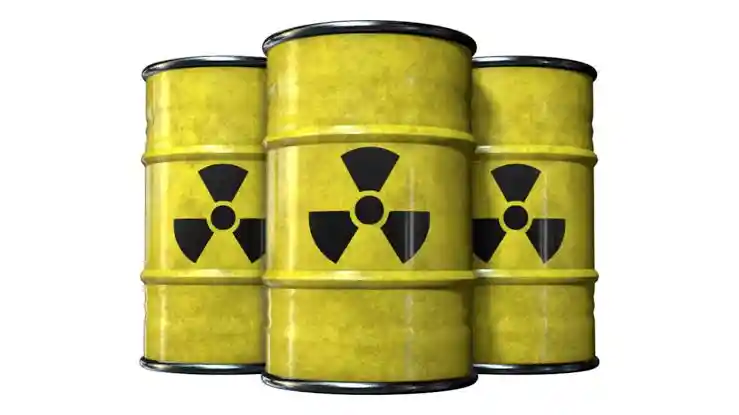Uranium particles enriched to near bomb-grade levels have been found at an Iranian nuclear facility, according to the UN’s nuclear watchdog, the IAEA, as the US warns that Tehran’s ability to build a nuclear bomb was accelerating.
In a new report, the Vienna-based International Atomic Energy Agency confirmed that uranium particles enriched to 83.7% purity – which is close to the 90% enrichment levels needed to make a nuclear bomb – had been found in Iran’s Fordow Fuel Enrichment Plant (FFEP), an underground nuclear facility located some 20 miles northeast of the city of Qom in Iran. CNN reports.

The report says that in January, the IAEA took environmental samples at the Fordow plant, which showed the presence of high enriched uranium particles up to 83.7% purity.
The IAEA subsequently informed Iran that these findings were ‘inconsistent with the level of enrichment at the Fordow plant as declared by Iran and requested Iran to clarify the origins of these particles,’ added the report.
Iran’s stockpile of uranium enriched up to 60% had also grown from 25.2 kg to 87.5 kg since the last quarterly report, according to the confidential IAEA report.
Israel, a strong US ally has vowed to never allow Iran develop a nuclear bomb, warning that it will carry out military attacks on Iranian nuclear facilities if the US can’t agree a nuclear deal with Iran.
The IAEA report said discussions with Iran to clarify the matter are ongoing, noting that ‘these events clearly indicate the capability of the IAEA to detect and report changes in the operation of nuclear facilities in Iran’.
Iran’s Foreign Minister Hossein Amir-Abdollahian speaking to CNN’s Christiane Amanpour on Tuesday, February 28 did not directly respond to a question on reports of the enrichment.
Amir-Abdollahian said that the deputy director general of the IAEA, Massimo Aparo, had visited Iran on two occasions in the past weeks and that the IAEA’s director general Rafael Grossi has been invited to visit the country.
‘We have a roadmap with the IAEA. And on two occasions, Mr. [Massimo] Aparo, Mr. [Rafael] Grossi’s deputy, came to Iran in the past few weeks, and we had constructive and productive negotiations. And we have also invited Mr. Grossi to come and visit Iran soon,’ Amir-Abdollahian told CNN.
‘Therefore our relationship with the IAEA is on its correct, natural path.’
Last year, Iran removed all of the IAEA equipment previously installed for surveillance and monitoring activities related to the nuclear deal, formally known as the Joint Comprehensive Plan of Action (JCPOA).
The move had ‘detrimental implications for the IAEA’s ability to provide assurance of the peaceful nature of Iran’s nuclear programme,’ the IAEA report stated.
A US State Department spokesperson on Tuesday said the IAEA report potentially poses a ‘very serious development.’
‘We are in close contact with our allies and partners in Europe and the region as we await further details from the IAEA on this potentially very serious development,’ added the spokesperson.

